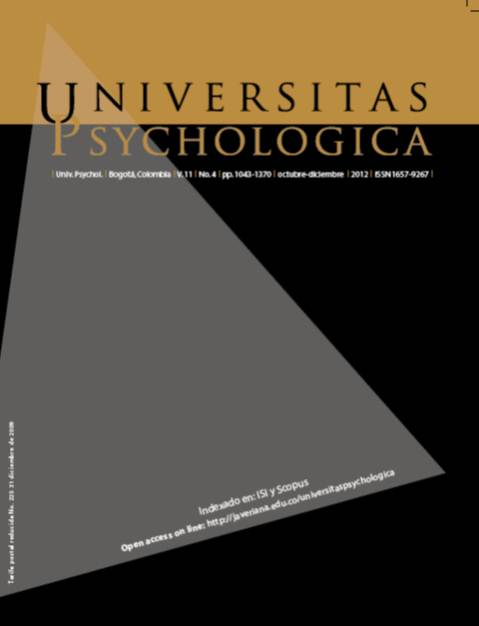Abstract
Centre for Children Committing Offences (CCCO), at Child Development Institute (CDI) in Toronto, Canada, developed Early Assessment Risk Lists (EARL-20B for boys; EARL-21G for girls), for young children at-risk for future criminality. In this first EARL prospective longitudinal study, 573 boys and 294 girls who participated in SNAP®, a gender-specific evidencebased model for at-risk children (6-11 years), 8.2% of boys and 3.1% of girls had registered criminal offences at follow up (mean age 14.9 and 14.6 respectively). EARL Total, Family, Child, and Responsivity domain scores, including two gender-specific risk items and Overall Clinical Judgment predicted early onset of criminal activity. Findings suggest that gender-sensitive clinical risk assessment and management tools are important for effectively identifying and potentially reducing criminal outcomes.
This journal is registered under a Creative Commons Attribution 4.0 International Public License. Thus, this work may be reproduced, distributed, and publicly shared in digital format, as long as the names of the authors and Pontificia Universidad Javeriana are acknowledged. Others are allowed to quote, adapt, transform, auto-archive, republish, and create based on this material, for any purpose (even commercial ones), provided the authorship is duly acknowledged, a link to the original work is provided, and it is specified if changes have been made. Pontificia Universidad Javeriana does not hold the rights of published works and the authors are solely responsible for the contents of their works; they keep the moral, intellectual, privacy, and publicity rights. Approving the intervention of the work (review, copy-editing, translation, layout) and the following outreach, are granted through an use license and not through an assignment of rights. This means the journal and Pontificia Universidad Javeriana cannot be held responsible for any ethical malpractice by the authors. As a consequence of the protection granted by the use license, the journal is not required to publish recantations or modify information already published, unless the errata stems from the editorial management process. Publishing contents in this journal does not generate royalties for contributors.


